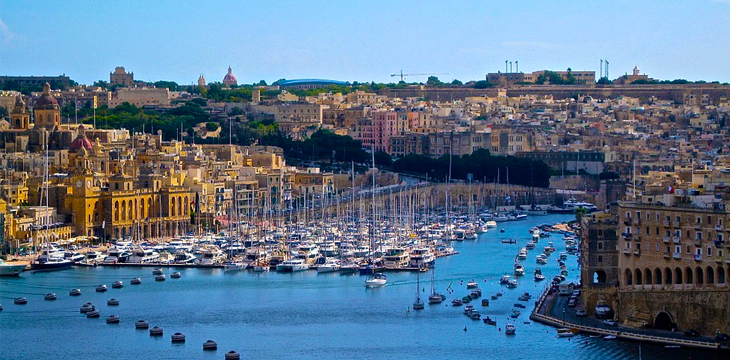|
Getting your Trinity Audio player ready...
|
The government of Malta has again broken new ground in the blockchain sector, after announcing plans to run a new government department powered by blockchain.
In a first-of-its-kind move in Europe, the government announced the new Malta Business Registry (MBR) would be run on blockchain with the help of artificial intelligence, in a bid to deliver efficient services. MBR is a national agency created out of the Registry of Companies of Malta, which initial reports have identified as the government agency that will be powered by blockchain.
It comes against a backdrop of technological innovation in Malta, with the jurisdiction emerging as one of the leading global destinations for blockchain and cryptocurrency businesses.
Silvio Schembri, Junior Minister for Financial Services, Digital Economy and Innovation in the Government of Malta, said the new department reflects the government’s commitment to leading the “digital revolution.”
“The premises will serve as the beating heart of the technological activity in Malta. It will reflect our drive to remain at the forefront of the digital revolution, our commitment to embrace new emergent technology and give it room to flourish in our strong ecosystem,” Schembri said, according to The Malta Independent.
The new department is a replacement for the Registry of Companies, and will turn to technology to streamline the process of company registration.
According to Schembri, the new model will eliminate unnecessary bureaucracy, while ensuring more efficient registration and support services for companies within the country.
Prime Minister Joseph Muscat said the new MBR would harmonize with the work already being done by the Malta Financial Services Authority, which is actively moving its processes over to blockchain-powered solutions.
The move is the latest step in Malta’s Blockchain Island initiative, first announced in April 2016, in which the country moves towards becoming a world-leading destination for the blockchain sectors through a combination of attractive business conditions and effective, clear regulation.
The government’s stated objectives are to switch over as many processes as possible to blockchain-powered systems, demonstrating its commitment to the technology.
Malta was one of six EU states to sign a joint declaration of cooperation for developing blockchain tech, alongside France, Spain, Italy, Portugal, Greece, and Cyprus.
The developments will no doubt be watched closely by European partners, and governments elsewhere, as a case study on how to deliver more efficient services through distributed ledger systems.

 03-05-2026
03-05-2026 




